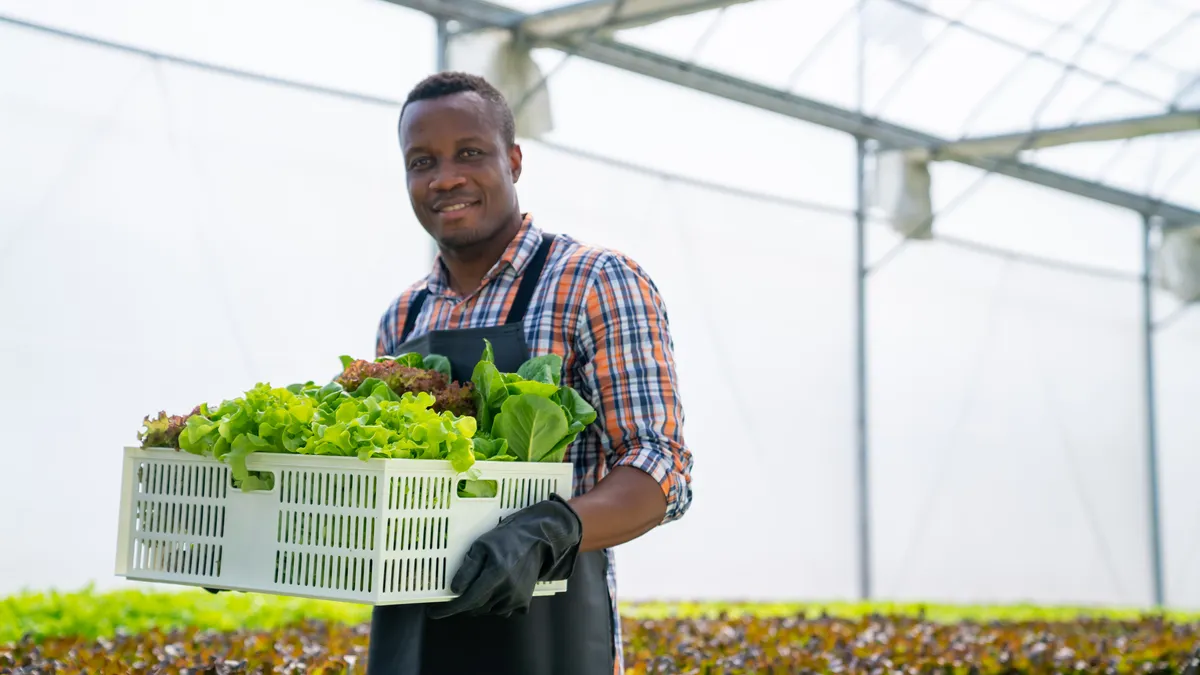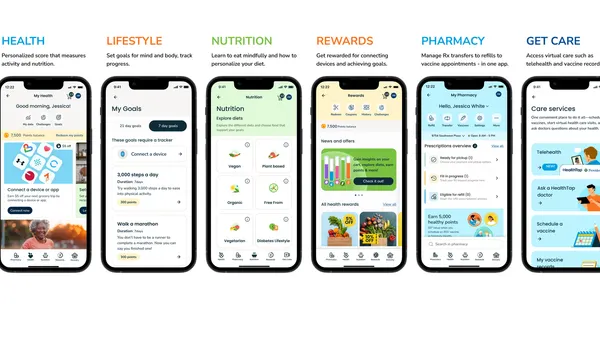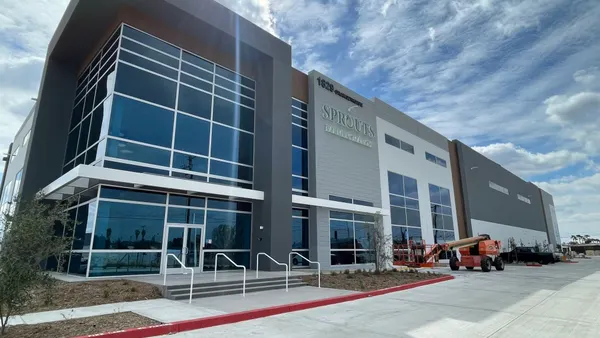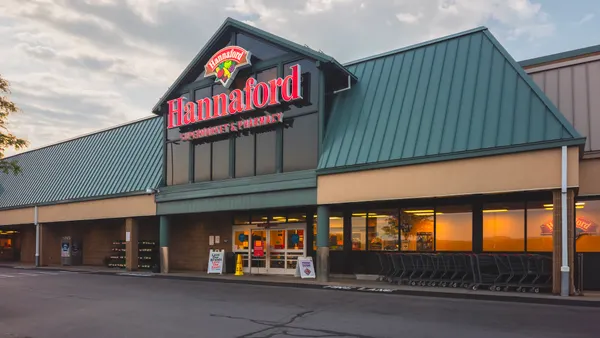Dive Brief:
- The National Grocers Association (NGA) announced last week it has teamed up with ReposiTrak to, for a limited time, waive the $2,000 setup fee for access to ReposiTrak Traceability Network, which allows suppliers, wholesalers and retailers to share traceability data.
- With the complimentary access, members of the trade group will be able to become “traceability ready” at no cost.
- NGA’s offering with ReposiTrak comes at a time when food traceability is in the spotlight, with the Food and Drug Administration expected to soon issue a new rule for high-risk perishable foods.
Dive Insight:
Grocers are facing increasing complexity with the food system, more public awareness around recalls and growing government regulations, Laura Strange, senior vice president of communications and external affairs at NGA, noted in the announcement.
The FDA is slated to soon finalize the section of the Food Safety Modernization Act that will outline a list of foods that need additional recordkeeping and what those recordkeeping requirements are.
These fresh requirements will create a “recordkeeping and data management nightmare” for suppliers, according to ReposiTrak Chairman and CEO Randy Fields.
“The FDA has made it clear that the current list of foods that will require end-to-end traceability is just the beginning, as they encourage voluntary adoption of traceability practices industry-wide,” Fields said.
The company’s traceability network aims to simplify the creation and sharing of records required by the FDA, Fields noted. The creation of the network was guided by the Food Traceability Leadership Consortium, a group of industry trade organizations, wholesalers and retailers that urged for an inexpensive and easy solution that meets and surpasses the requirements of the FDA rule.
NGA said it takes less than an hour to join the network and that suppliers, once data exchange begins, pay a “low, flat fee” for unlimited records creation and data sharing with in-network trading partners. NGA represents more than 1,700 independent supermarket operators running nearly 9,000 stores.
Strange of NGA said it’s “imperative” for grocers to further hone in on product sourcing and food safety standards.
Some grocers have already publicly proclaimed new sourcing efforts tied to traceability. Albertsons, for example, noted last year that it’s working with its sushi vendors and nonprofit FishWise on a traceability project to ensure tuna fishing boats in its sushi supply chain follow international fishing laws and industry best practices.
“We think of traceability readiness as a brand differentiator, which is a message we will take to retailers via our partnership with NGA,” Fields said.
Adopting new technologies, such as blockchain, is helping grocers boost supply chain transparency. By using IBM’s blockchain platform, Walmart has said it can trace the source of mangos at one of its stores in 2.2 seconds, sister site Supply Chain Dive noted earlier this year.












